Your hands contain some of the most sensitive touch receptors in your entire body. And all those touch receptors are connected to your brain by a network of nerves.
If even one of those nerves-or one section of those nerves-is pinched or somehow damaged, your brain may not receive all the sensory info your hands are sending its way. The result could be numbness, says Dr Rob Danoff, a family medicine expert.
What could be causing your hands to go numb? Plenty. Keep reading.
Carpal Tunnel
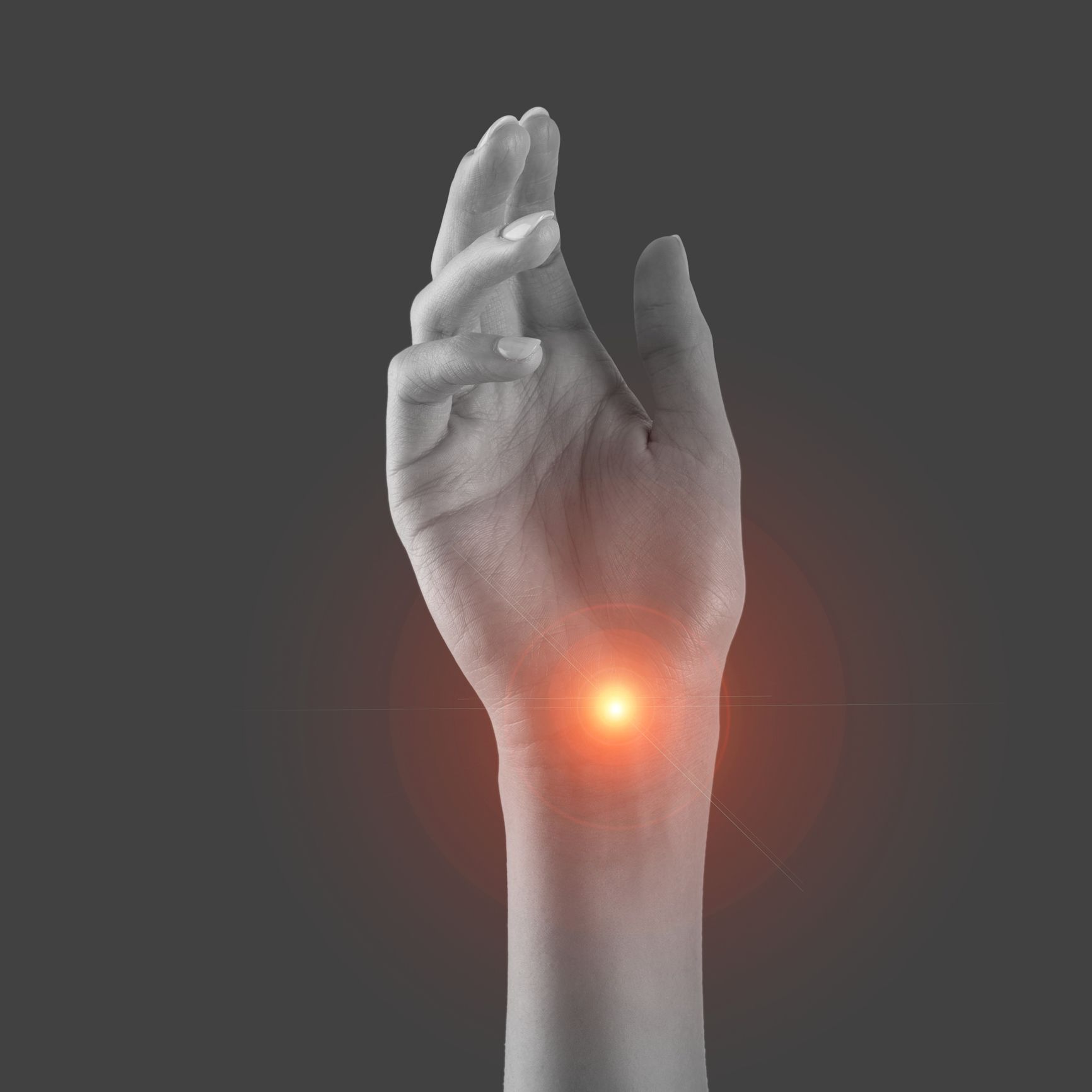
Dr Danoff says one of the most common causes of hand numbness is carpal tunnel syndrome-a condition in which the median nerve, which runs down your forearm and into your hand, becomes pinched at your wrist.
"It's fairly common for people who spend a lot of time working on a computer," Dr. Danoff says. Especially if your desk setup requires you to lay your wrist against an edge or hard surface while you're typing or mouse-ing, you're at risk.
Along with numbness, symptoms of carpal tunnel include a sensation that one or more of your fingers-especially your thumb, index, and middle finger-are swollen or tingling. If these symptoms describe what you're feeling, let your doctor know ASAP, Dr Danoff says. If left untreated too long, you may need surgery to relieve your pinched nerve.
Tennis Elbow
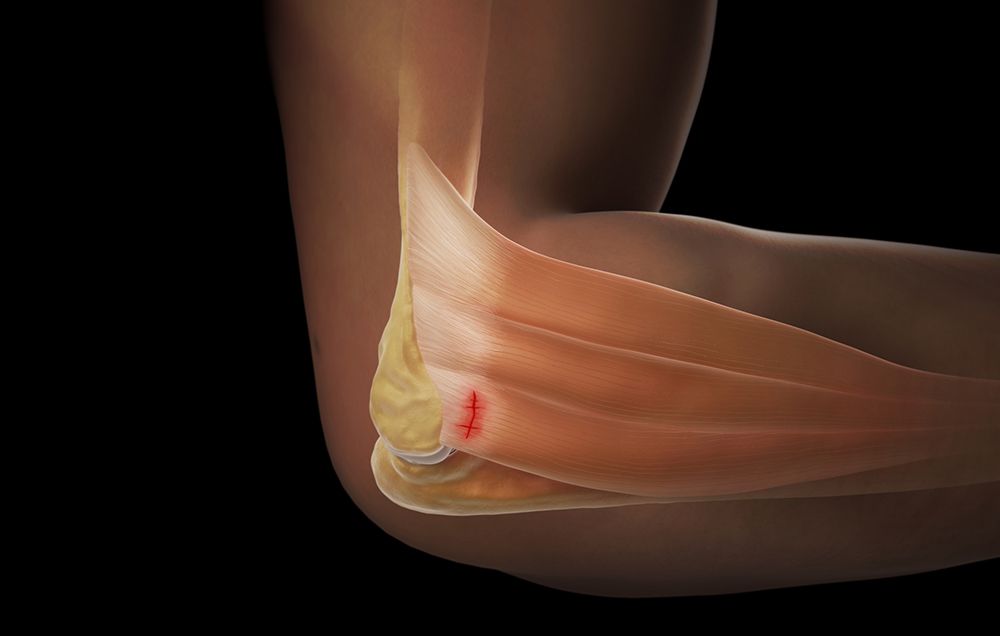
If you're a tennis player of golfer-or partake in any activity that requires repetitive twisting of the hand, wrist, or elbow-you're at risk for epicondylitis, or tennis elbow, Dr Danoff says. This condition stems from the wearing down or weakening of tendons that wrap across your elbow.
While full-blown tennis elbow tends to manifest as pain in your elbow or forearm, early signs are a numbness or tingling in your hands. If you experience either, take a break from the offending sport or activity for a bit. If it comes back, let your doctor know about it.
Thyroid Disorders

"It may not be the first thing that comes to mind, but a thyroid disorder could lead to hand numbness," Dr Danoff says.
When left undiagnosed and untreated, an under-active thyroid-or hypothyroidism-can result in damage to the nerves that transport information between your brain and spinal cord and the rest of your body. Especially if you're experiencing other symptoms of an underactive thyroid-hair loss, weight gain, feeling cold all the time-it's time to talk with your physician.
Alcohol Disorders

Long-term heavy drinking can lead to alcoholic "neuropathy"-or nerve damage. Up to half of all heavy alcohol users develop some form of this condition, per the NLM. And other symptoms include numbness in your arms or legs, weird "pins and needles" sensations in your limbs, and muscle weakness or spasms.
If you've struggled with alcoholism or you're a long-term heavy drinker-usually defined as having more than three drinks a day for women, or four for men-this could be the cause of your numbness.
Cysts
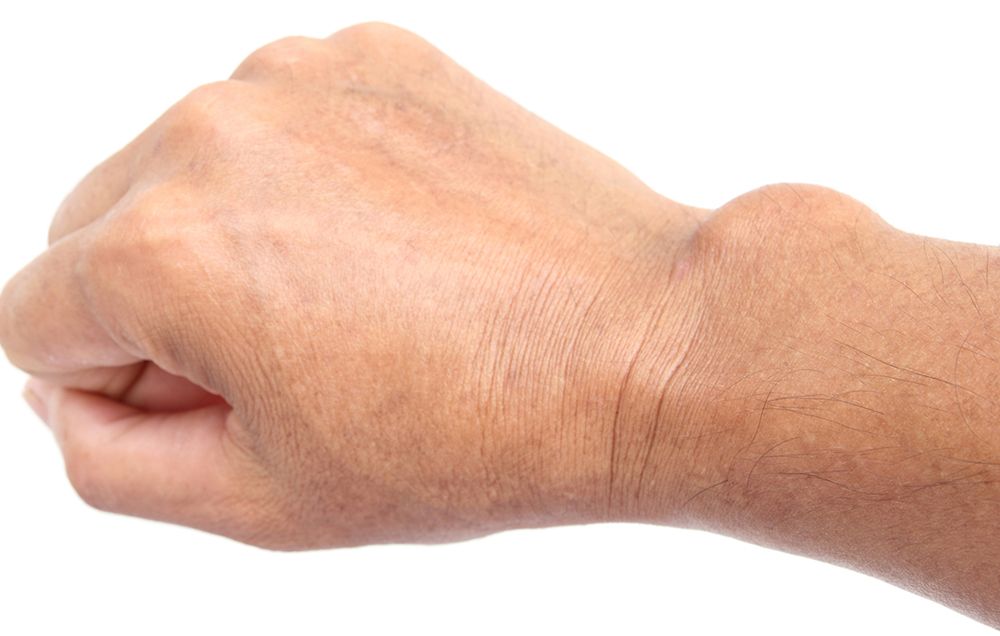
Ganglion cysts are non-cancer lumps or deposits that can form anywhere on your body-but tend to show up on or around your joints. Ganglion cysts are super common. And if one forms on your wrist, numbness is a common symptom.
These cysts sometimes go away on their own. If they don't, and they're causing pain or numbness, surgery or "aspiration"-a procedure where a doc drains the cyst of its fluid-are treatment options.
Guillain-Barré Syndrome
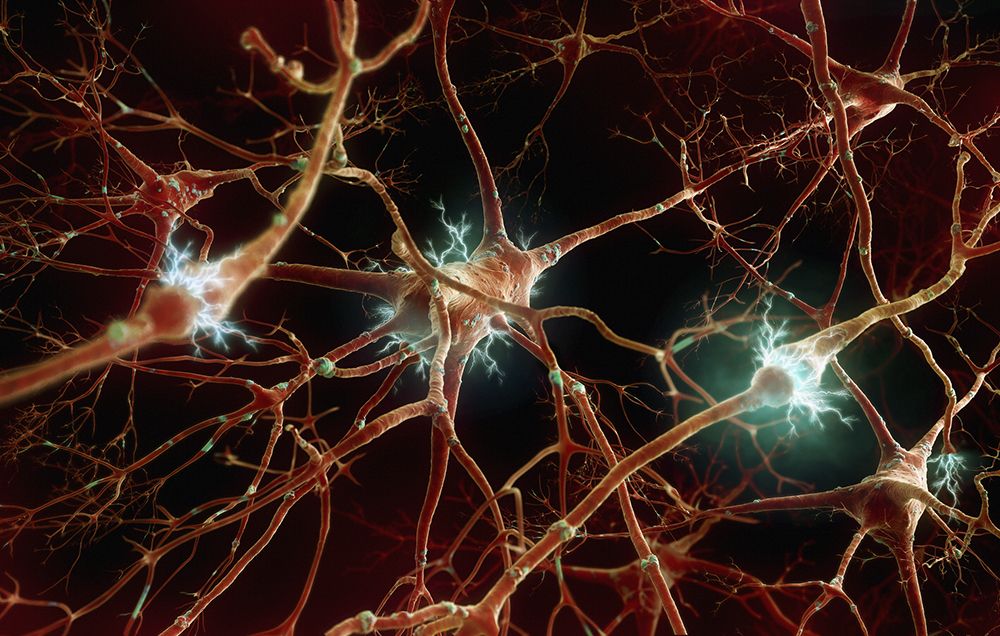
This is an autoimmune disorder in which your immune system mistakenly attacks your nerves, causing damage that can result in hand numbness. It's often preceded by a respiratory illness, stomach flu, or other type of infectious illness. Other symptoms of Guillain-Barré syndrome include prickling sensations in your fingers, toes, ankles, or wrists, weakness in your legs, unsteady walking, rapid heart rate, poor bladder or bowel control, and difficulty with facial movements like chewing.
Lyme Disease

Lyme disease-a condition that you can only get from a tick bite is more common than ever.
Early signs of Lyme include serious fatigue, a skin rash, and flu-like symptoms like fever, chills, or body aches. If left untreated, joint pain and hand or limb numbness are some of the symptoms associated with the later stages of Lyme. If you've been spending a lot of time in the woods, or you suffered a tick bite, Lyme could explain your numbness.
Multiple Sclerosis
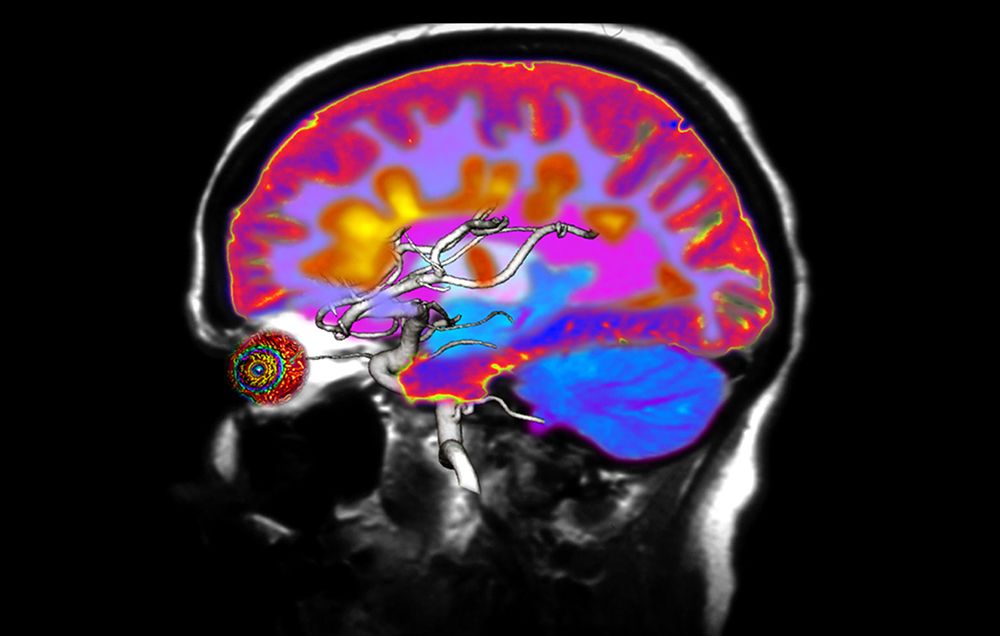
Multiple sclerosis is a disease in which your immune system attacks a fatty substance that protects the nerve fibers of your brain and spinal cord. That can result in hand numbness, Dr Danoff says.
While MS can strike at any age, it's most likely to show up during your 20s and 30s. And women are twice as likely as men to suffer from MS. While symptoms are all over the map, limb and muscle weakness, as well as double vision, are some of the red flags that could coincide with a sufferer's hand numbness.
Stroke
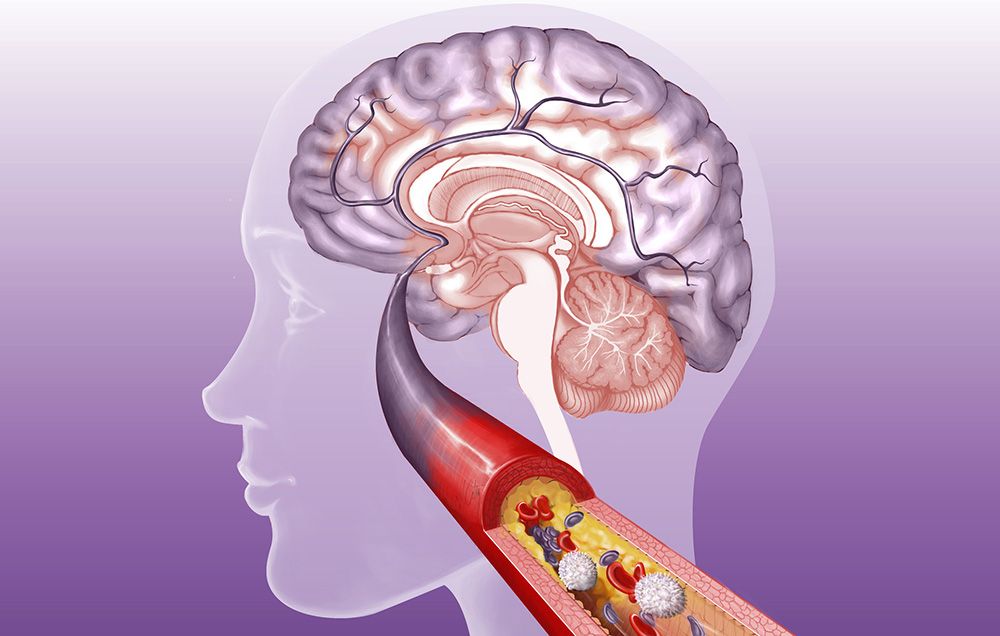
Dr Danoff says hand numbness or tingling could be a sign that you're having a stroke. Other early symptoms include a crooked smile, slurred speech or problems thinking, dizziness, and blurry vision. If all those describe what you're feeling, go to the ER immediately.
Even if you're young, you can still have a stroke. About 10 percent of all stroke victims are younger than 45. And being fit and physically active doesn't mean you're not at risk.
Diabetes
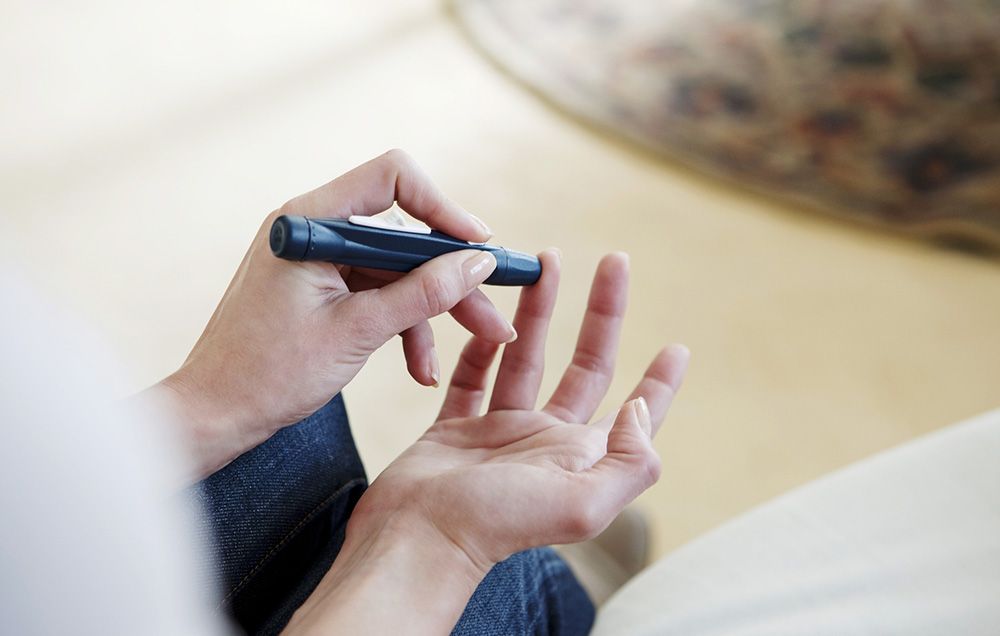
By now you probably know that frequent peeing, excessive thirst, and high-ish blood sugar levels are all signs of prediabetes-or that not-quite-diabetes state that means you're at major risk for the disease. If you're experiencing any of those symptoms, you need to see a doctor immediately.
But many people who develop full-blown type 2 diabetes don't realise it. (Here are 8 warning signs of type 2 diabetes you shouldn't ignore.) And, if left untreated, hand numbness can develop as a result of diabetes-related nerve damage, Dr Danoff says. Blurry vision, kidney trouble, and heart failure are all risks associated with untreated diabetes.
Raynaud's Disease
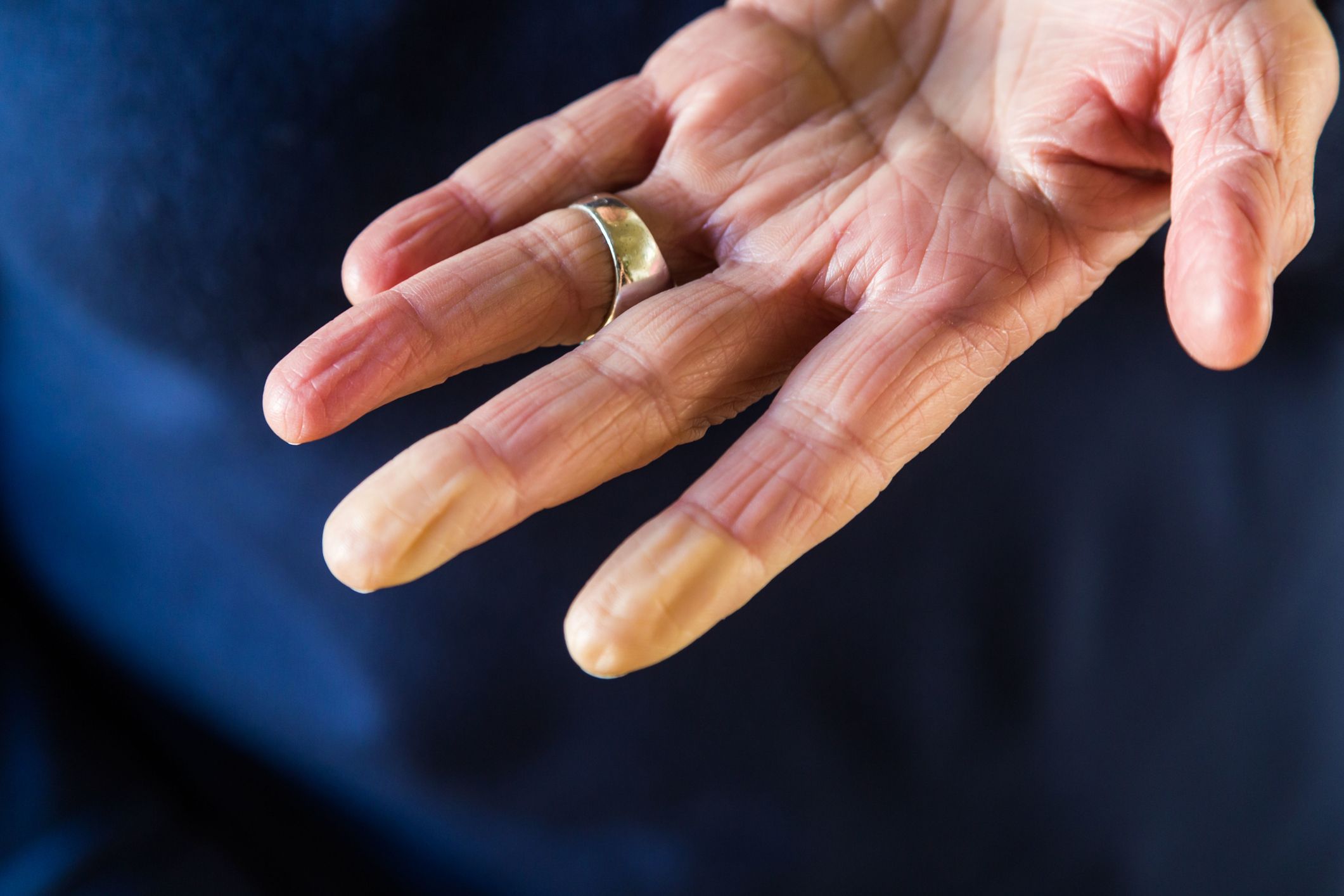
If your numbness is accompanied by frigid fingers, you may have Raynaud's, a condition in which smaller arteries that supply blood to the skin narrow and limit circulation. Raynaud's can be excruciating, and some people also notice their fingers turning white or blue during an episode. Experts aren't sure what causes this condition, but they do know women are more likely to have it, and that it often begins between the ages of 15 and 30.
(Want to pick up some healthier habits? Sign up for FREE to get healthy living tips, weight loss inspiration, slimming recipes and more delivered straight to your inbox!)






.png&h=193&w=250&c=1&s=1)

.png&h=193&w=250&c=1&s=1)
